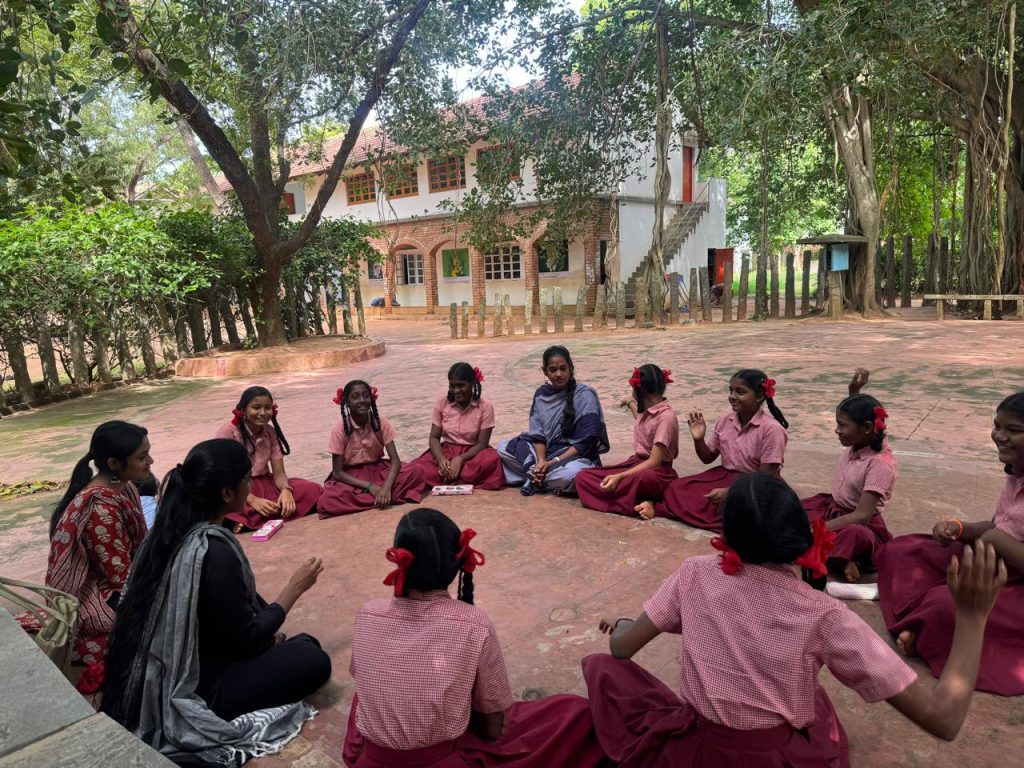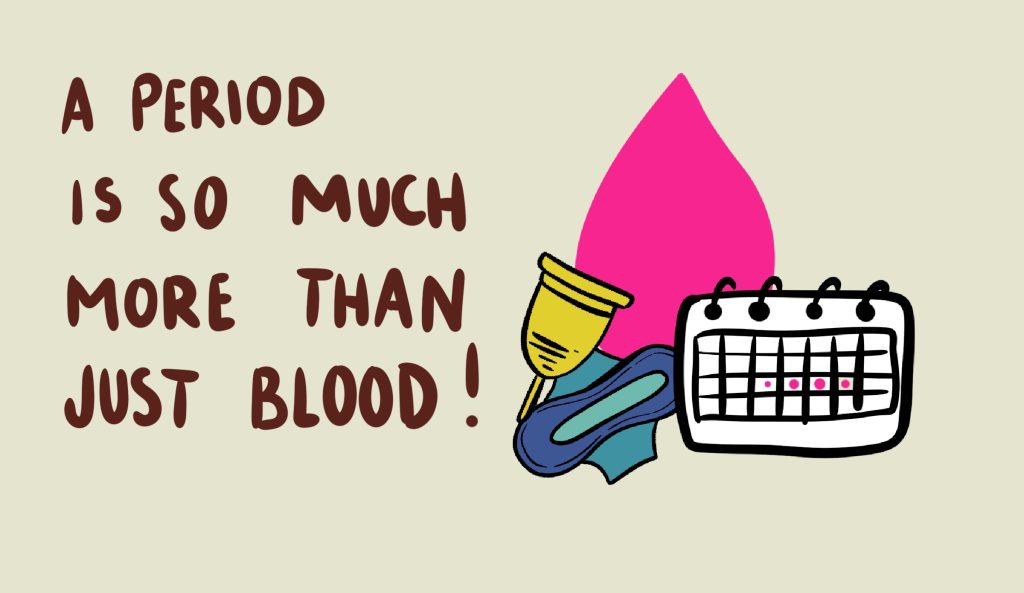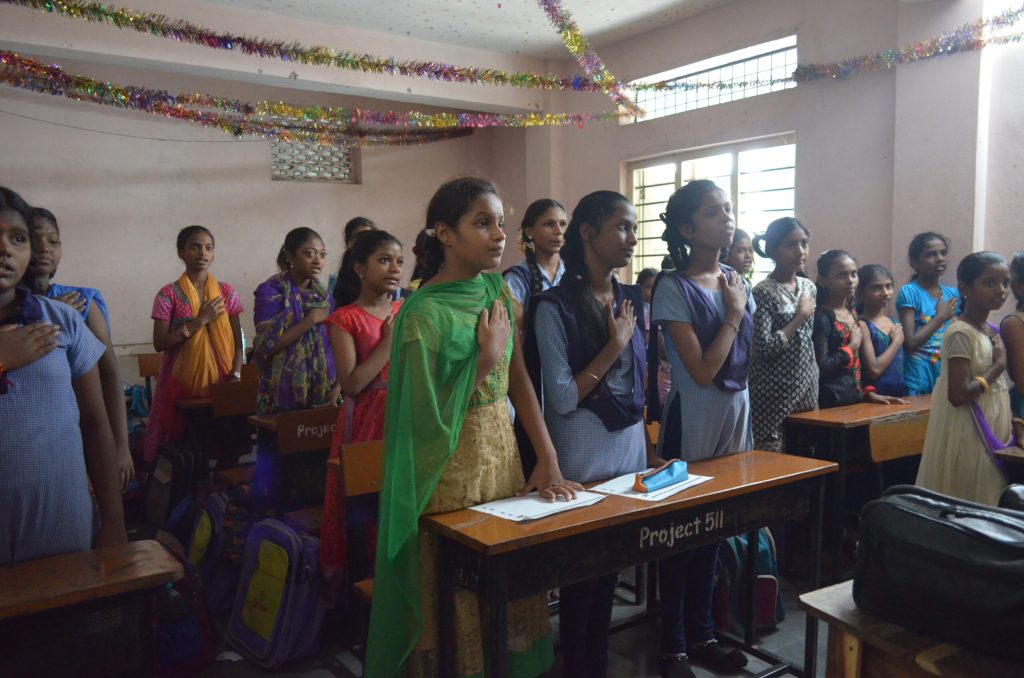As a menstrual health educator, I’ve come to realise that compassion is essential—but it isn’t always enough. When delivering menstrual education in schools, we often expect the biggest challenges to be logistical—getting permissions, scheduling sessions, preparing materials. But the real hurdles often come from mindsets, power structures, and cultural resistance.
Even after receiving official approval, entering a school and doing this work is far from straightforward. Here are some of the real barriers I’ve faced—each one a reminder that this work, while deeply needed, is often deeply resisted.
1. A Principal Who Said “This Information Is Irrelevant”
In one school, the headmistress—a woman—openly dismissed the reproductive health content I was teaching. “This is irrelevant for adolescent girls,” she said, and then added, “Even you know too much for your age.”
Her words didn’t just reflect a lack of awareness—they revealed a discomfort that ran deep, and a belief that knowledge about one’s body should be limited or even shameful. And yet, she was in charge. Navigating that space required a careful balance of patience and conviction, knowing I couldn’t challenge her directly—but also couldn’t let her perspective define the value of our work.
2. A Male Assistant Who Said He Wouldn’t Allow the Program
At another school, the principal was supportive but absent. His assistant greeted me instead and said, “If I were the principal, I wouldn’t let you run this program at all.”
This interaction was a clear reminder that permission on paper doesn’t always translate to support in practice, especially when personal biases are at play.
3. Government Staff Labelled Us “Outsiders”
During a government-led pad distribution, one staff member instructed teachers not to allow NGO sessions like ours, calling us “outsiders.”
This kind of gatekeeping goes beyond logistical control—it questions the legitimacy of our work and our presence, even when we are there with official permission and good intent.
4. Accused of “Just Promoting Cloth Pads”
In the same school, a female teacher said bluntly that we were only there to promote cloth pads. Her tone was accusatory, reducing a nuanced educational program to a marketing agenda.
This incident reflected a fundamental misunderstanding: we’re not here to sell a product—we’re here to offer choice through education.
5. Asked to Re-Show Permission Letters “Out of Respect”
Even after obtaining permission from the Chief Educational Officer, we’re often asked to visit in person and show the letter again. In one instance, I was told that permission should never be asked over the phone—despite already having it in hand.
This school was 20 km away. The extra trip wasn’t about protocol—it was about asserting authority.
6. Asked to Cut 3-Hour Sessions into 30 Minutes
At another school, a supportive male principal wanted all girls from grades 8 to 12 to receive menstrual education—but asked us to complete the full 3-hour content in just 30 minutes.
Meanwhile, a female teacher opposed the inclusion of older girls. She insisted the session be limited to grades 8 and 9 only, implying it was unnecessary or inappropriate for students in grades 10 to 12.
This kind of time restriction and selective access dilutes the effectiveness of the program and reflects how misinformation and shame still dictate what girls are “allowed” to know.
7. Denied Basic Courtesy Despite Appointment and Permission
We once arrived at a school with a confirmed appointment and the letter in hand, ready to hold a feedback session. I had driven over 20 km.
Yet the headmistress didn’t offer a chair, avoided eye contact, and told me to either wait two hours or return the next day with the same letter again.
At that moment, I was battling within myself. I wanted to speak out—to say how impolite and unfair the treatment was. But I reminded myself:
“I am here for the girls. This is exactly where the work is needed the most.”
Later, a teacher who had witnessed one of our sessions went to the headmistress and spoke up for us, explaining the value of what we do. That moment reminded me: even when we’re shut out, the work can still speak for itself—through those who believe in it.
8. Constantly Rebuilding Relationships Due to Staff Turnover
Another silent hurdle we face is the frequent change in school leadership. Every few years sometimes even more often—a headmistress or principal retires, is transferred, or replaced.
With each change, we’re often required to start from scratch: explaining our work again,
re-establishing trust, and getting fresh approvals—even in schools where we’ve already built strong partnerships.
This instability makes long-term impact and consistency difficult. While students may remember us, the new leadership often doesn’t—and without their support, the door can close just as quickly as it opened.
It’s a reminder that relationship-building is an ongoing effort, and that institutional memory doesn’t always carry forward. In a system driven hierarchy, we are constantly having to prove ourselves—again and again.
Closing Reflection: Compassion with Boundaries
Doing this work has shown me that compassion must be paired with clear boundaries. We cannot let ourselves be disrespected or silenced. And yet, we also cannot allow anger to close the door to understanding.
Each school where we meet resistance is often a school where awareness is most urgently needed. The discomfort, the dismissal, the control—it all signals the deep stigma still surrounding menstruation.
So to all the social workers, educators, activists, and change makers out there—I see you. I honour your strength. And I want to say:
It’s not as easy as it looks.
But your work matters.
And you are not alone.
By Kalvi (Eco Femme)






